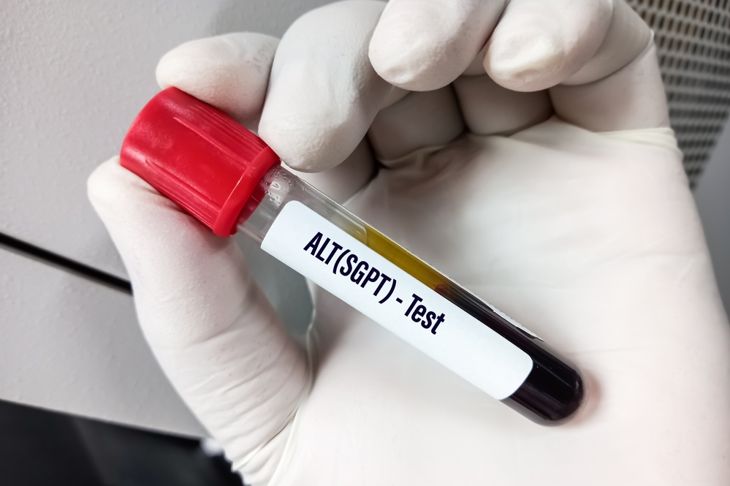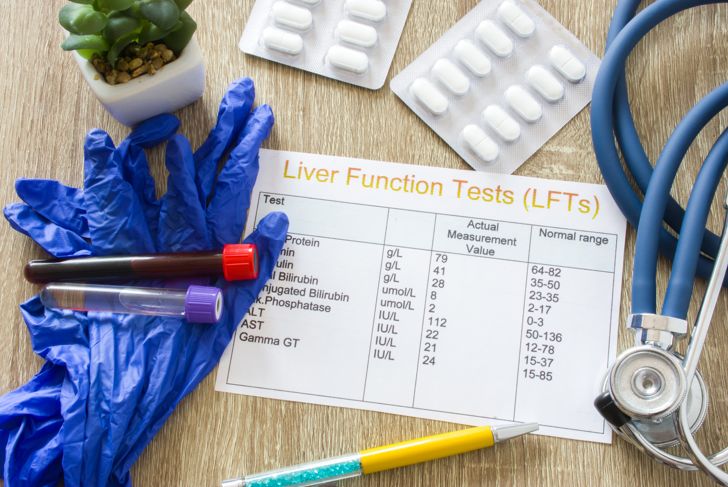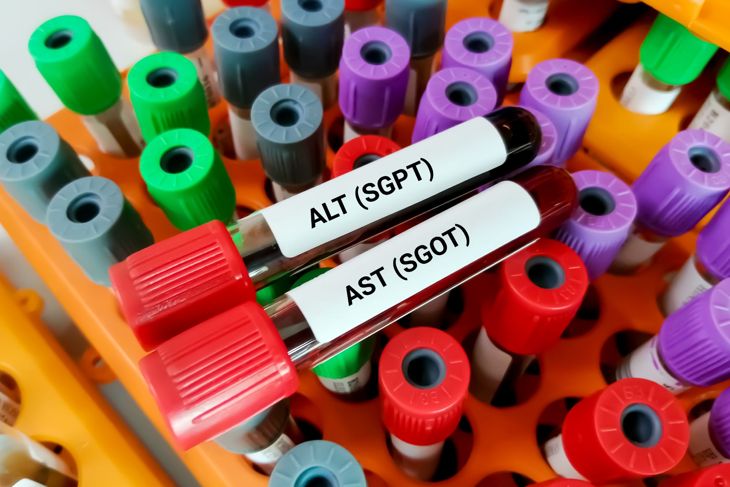ALT or alanine transaminase is an enzyme found primarily in the liver. When the liver is damaged, the liver cells release ALT into the blood. A test to detect ALT measures how much alanine transaminase is in the blood, and high levels can indicate a problem with the liver before the patient even experiences any symptoms.
What an ALT Blood Test Measures
An ALT blood test helps determine how well the liver is working, but doctors do not use the test alone to diagnose a specific problem.Many factors can affect the results, including prescription and over-the-counter medications. Exercise and menstruation can alter ALT levels, and body mass index, age, and heritage are also contributing factors.
Who Needs an ALT Blood Test
Doctors will often order an ALT blood test as part of routine lab work or if someone is showing signs of liver damage. Because ALT can be elevated before any symptoms appear, doctors may order it and similar labs for people with a higher risk of liver disease.These risks include obesity, a history of heavy drinking, diabetes, exposure to hepatitis, or a family history of liver disease. Symptoms that may point to liver issues include abdominal pain, jaundice, tiredness, nausea, vomiting, and itchy skin.
Monitoring Ongoing Conditions
For people with a history of liver problems, an ALT blood test and other liver labs can determine if the condition is improving, staying the same, or getting worse.The results can help the doctor determine that treatment is needed or confirm a prescribed treatment is working. Doctors will also order an ALT blood test for people who take medication that has liver damage side effects.
Liver Function Tests
An ALT blood test is rarely ordered alone and is more likely part of a larger set of labs called a liver panel or liver function test. Common liver function tests include aspartate transaminase (AST), alkaline phosphatase (ALP), bilirubin, albumin, and prothrombin time (PT).Doctors consider ALT results along with the results of these other labs to determine the extent of liver damage and the next step in diagnosing any problems.
ALT vs AST
ALT and AST, or aspartate transferase, are commonly measured together and are both enzymes that leak into the blood when certain cells in the body are damaged. They are both considered liver enzymes, but other body parts, like the pancreas, skeletal muscles, and heart, contain more AST than the liver.Because of this, ALT is considered a better indicator of liver function as it ties more directly to the this organ.
What to Expect
An ALT blood test is similar to any other blood test. A phlebotomist or nurse uses a small needle to take a sample of blood from a vein in the arm. There are no special preparations for an ALT blood test, though since it is often ordered alongside other blood tests, the patient may need to fast for 10 to 12 hours before.
Normal ALT
A normal ALT result depends on the laboratory that runs the test, and test results are checked against the reference range provided by the lab.Doctors will analyze the results by considering them with other factors, like medical history, whether the person is symptomatic, how far outside the normal range the results are, previous ALT blood tests, and the results of the other tests done at the same time.
High ALT
High ALT indicates liver damage, but this damage may occur from many conditions, and some are more serious than others.Fatty liver disease, cirrhosis, hepatitis, liver cancer, increased iron levels, mononucleosis, and medication toxicity can all cause elevated ALT. Less than five percent of people with elevated ALT results have a severe liver condition; these other causes are much more common.
Low ALT
A low ALT is uncommon. If an ALT result is lower than the normal range, the doctor may reorder the test or order additional testing to determine what is causing it. Although a low ALT is generally not a cause for concern, it can indicate chronic kidney disease or low vitamin B6.
Follow Up Care
Generally, doctors follow up on elevated ALT results in symptomatic patients or in asymptomatic patients whose results are more than twice the normal range.Follow-up testing may include a repeat ALT test, additional blood tests, a liver biopsy, and imaging tests, like an ultrasound, CT scan, or MRI.

 Home
Home Health
Health Diet & Nutrition
Diet & Nutrition Living Well
Living Well More
More




















